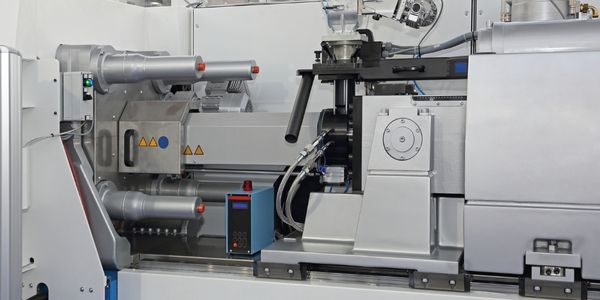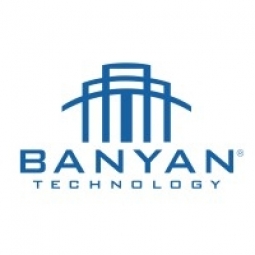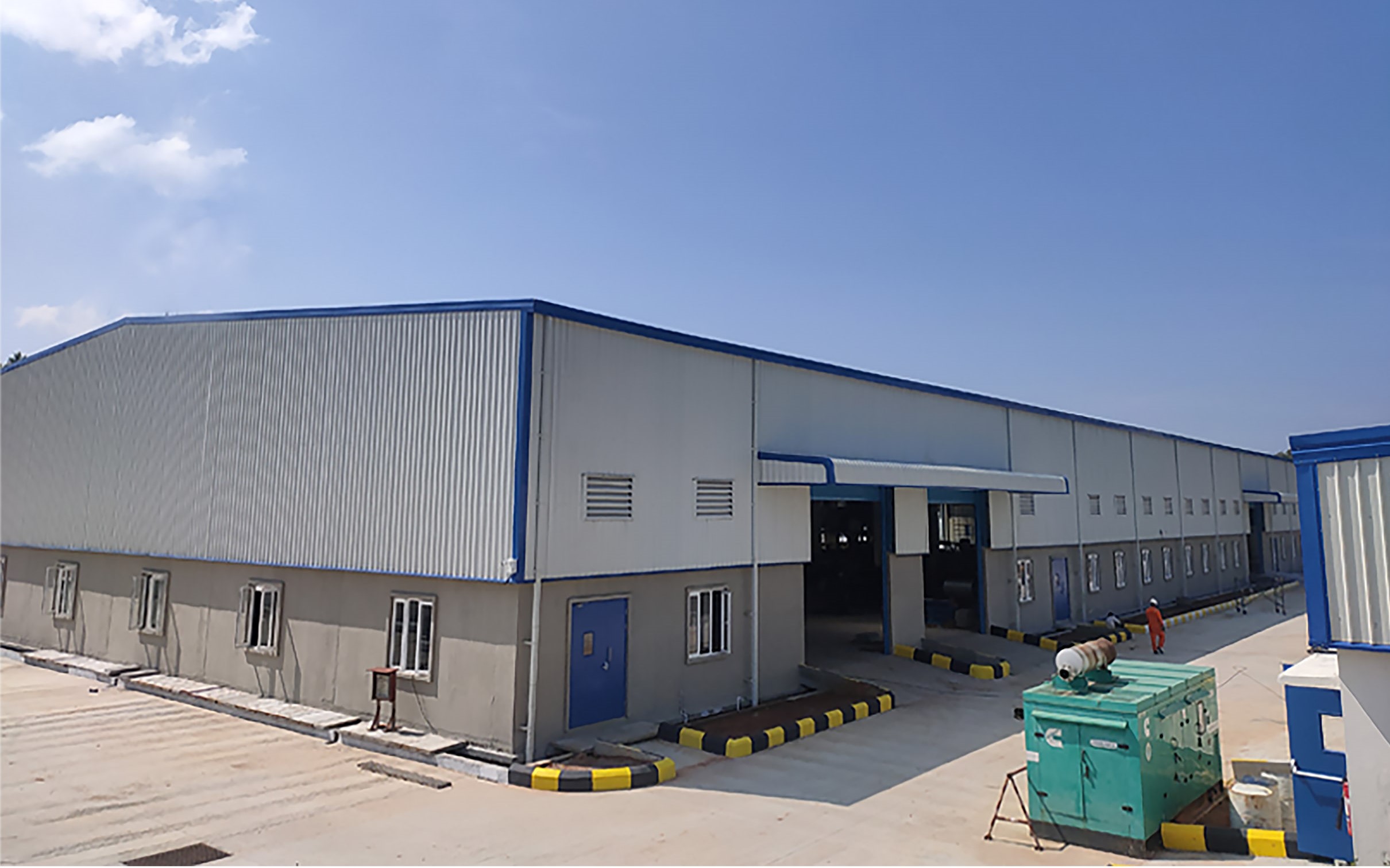Customer Company Size
Mid-size Company
Region
- America
Country
- United States
Product
- Live Connections
- Intelligent Pricing™
- Live Lane Specials™
Tech Stack
- API
Implementation Scale
- Enterprise-wide Deployment
Impact Metrics
- Cost Savings
Technology Category
- Platform as a Service (PaaS) - Connectivity Platforms
Applicable Industries
- Plastics
Applicable Functions
- Logistics & Transportation
Use Cases
- Supply Chain Visibility
- Fleet Management
Services
- System Integration
About The Customer
Chase Plastics is a stocking distributor based in Clarkston, MI. The company has a portfolio that offers more than 20,000 varieties of specialty, engineering and commodity thermoplastics from industry-leading manufacturers and global suppliers. With a size of $320 million, Chase Plastics is a significant player in the plastics industry. The company leverages Banyan Technology’s live carrier connectivity platform, Live Connections, to efficiently rate less-than-truckload (LTL) shipments.
The Challenge
Chase Plastics, a stocking distributor with a portfolio offering more than 20,000 varieties of specialty, engineering and commodity thermoplastics, was looking for a way to efficiently rate less-than-truckload (LTL) shipments. The company was using Banyan Technology’s live carrier connectivity platform, Live Connections, but wanted to leverage more advanced features to optimize their logistics and transportation operations. The challenge was to find a way to get real-time pricing incentives on top of the company’s contracted discounts on negotiated rates.
The Solution
Chase Plastics decided to leverage Banyan’s Intelligent Pricing™, the industry’s first true dynamic pricing tool. This tool allows Chase Plastic’s carriers to instantly offer pricing incentives on top of the company’s contracted discounts on negotiated rates through its API-powered system. These Live Lane Specials™—defined by geography, shipment attributes and even customer behaviors—are automated to appear within Chase Plastics’ system workflow as its staff makes live routing decisions. This solution provides real-time, dynamic pricing options that can optimize logistics and transportation operations.
Operational Impact
Quantitative Benefit

Case Study missing?
Start adding your own!
Register with your work email and create a new case study profile for your business.
Related Case Studies.

Case Study
Plastic Spoons Case study: Injection Moulding
In order to meet customer expectations by supplying a wide variety of packaging units, from 36 to 1000 spoons per package, a new production and packaging line needed to be built. DeSter wanted to achieve higher production capacity, lower cycle time and a high degree of operator friendliness with this new production line.

Case Study
Boiler Control System for Plastic Manufacturing Applications
Factory automation applications must be equipped to handle and monitor the myriads of information from attached devices. For plastic manufacturing applications, the boiler control system plays a critical role by gathering and regulating information to ensure production is accurate and smooth. In this particular case, the customer combines eight subsystems that include power meters, water meters, alarm output, displays, and I/O status to be controlled by several intelligent controllers with Modbus RTU interface. The Modbus TCP protocol is used for this application due to the distance. System Requirements: • Modbus serial to Modbus TCP translation • Multiple slaves/masters support • Automatic Modbus TCP response time detection

Case Study
Ascend Performance Materials Case Study
Ascend operations must access multiple software systems to manage day-to-day operations in an effective and secure manner. These systems generate large sets of data which contain critical information pertaining to management systems, planning and cost information in business systems and energy consumption. As a result, Ascend management was challenged with creating relevant reports reflecting performance measures in overall context of their operational process. The company’s previous process entailed collecting and analyzing data manually which was not effective, since the information collected was generated after the fact, and was too complex for collaborative use across the organization.

Case Study
Remake Enterprise-to-production System
The client was running a legacy material flow tracking system and wanted to replace the system with a more effective one as the system was increasingly expensive to maintain and support and also was not extendable. The client's IT landscape was filled with modern applications and it was difficult to interface the material flow tracking system with modern applications.









